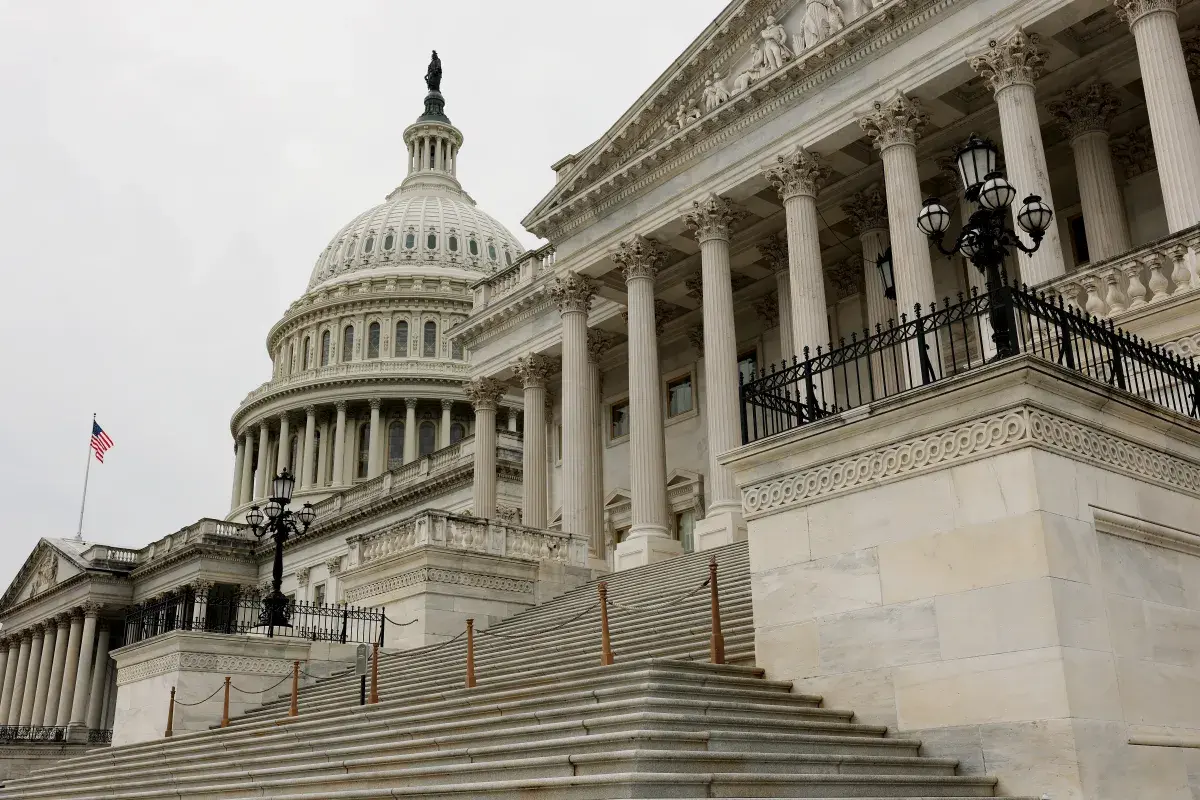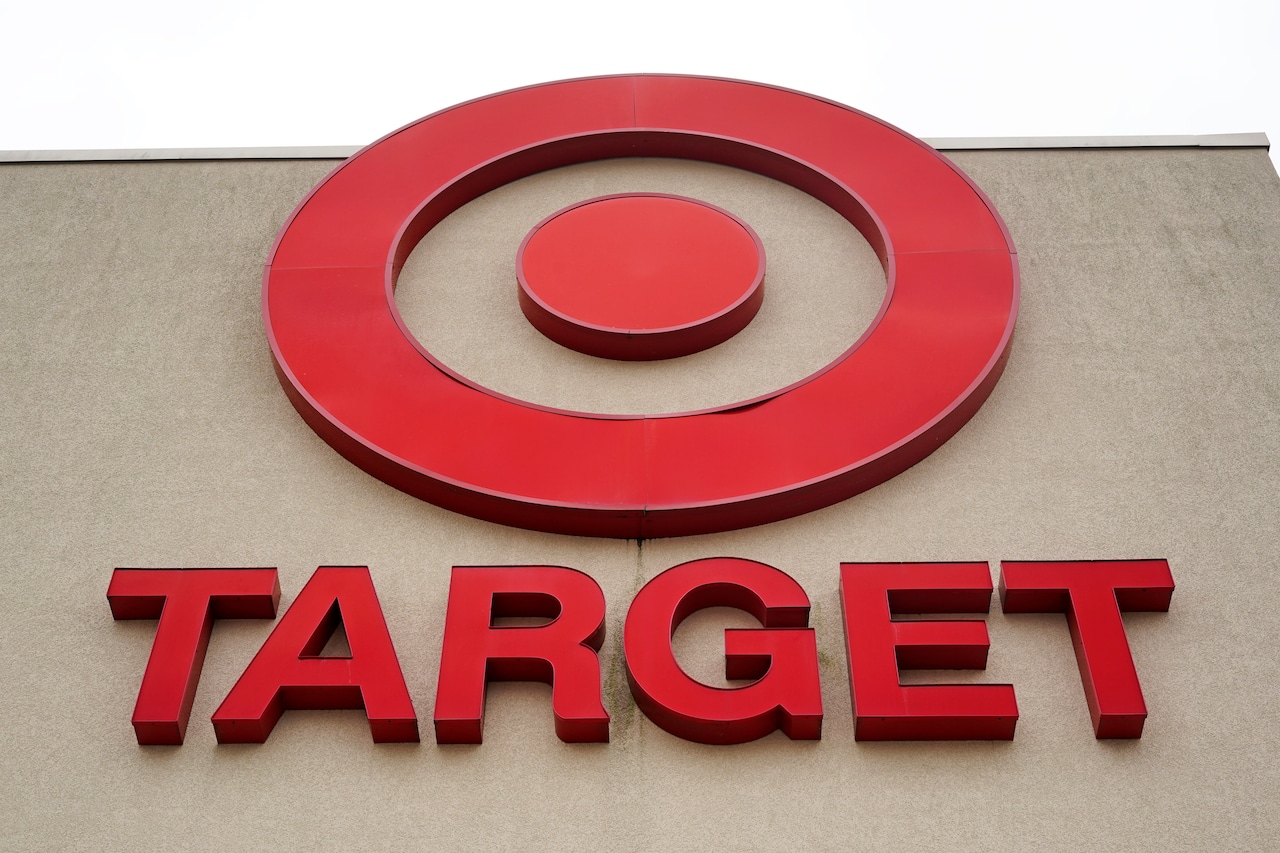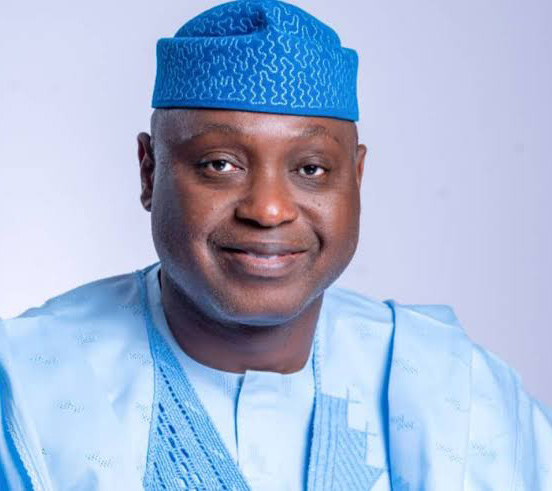
The odds that the United States government will shut down have soared to their highest point on Tuesday afternoon, as the deadline to reach an agreement is fast approaching.
Why It Matters
The United States faces the imminent risk of its first federal government shutdown since 2018, with partisan deadlock threatening to impact federal workers, disrupt public services, and unsettle Washington, D.C.
Debates over healthcare funding and federal budget priorities have stalled negotiations just hours before the September 30 deadline. Federal employees and essential services are poised for significant disruption if Congress fails to pass a funding deal before the clock runs out.
The standoff is drawing national attention, raising questions about fiscal priorities, governance, and the fate of programs critical to millions of Americans.
What To Know
Prediction market platform Polymarket posed the question, “US government shutdown by October 1?” and the odds have soared.
Within the week, odds hit 50 percent on Sunday and have steadily increased over the last 48 hours. As of 4 p.m. ET on Tuesday, the odds of a shutdown are at 88 percent, according to the platform.
Odds soared to 89 percent at 3:35 p.m. ET.
With a midnight deadline looming on Tuesday, congressional leaders remain at an impasse over appropriations, sharply dividing President Donald Trump and Republicans from the Democrats.
The crux of the disagreement centers on health care funding, particularly Democratic demands for extending Affordable Care Act tax credits and opposing cuts to Medicaid, a sticking point that Republicans have resisted, instead championing a “clean” short-term funding bill to prevent an immediate shutdown.
What People Are Saying
California Representative Nancy Pelosi, a Democrat, on X on Tuesday: “The government shuts down tonight—but House Republicans are on vacation. Democrats are in Washington, ready to keep government open and lower health care costs. If Republicans force a shutdown, it’s on them. Democrats will keep fighting to protect your health care.”
Robert Y. Shapiro, a political science professor at Columbia University, told Newsweek on Tuesday: “From what I have heard, it does not look like they will come to an agreement. Trump and [Vice President JD] Vance did propose having further discussions about the health care subsidies and Medicaid once an agreement was reached, and it would be in their political interest not to be vulnerable on the health care issues going into 2026.
“It is important to the Democrats to show some backbone and also keep pushing on the health care cuts. It is worth seeing how the public reacts and which side gets more blame. Both sides are vulnerable, and the public may be more sensitive regarding health care than the Republicans expect. In any case, if the Democrats take more of a hit, they can pull back and support an agreement. But it is worth pushing back to see what happens.”
D. Stephen Voss, a political science professor at the University of Kentucky, told Newsweek on Tuesday: “An extended shutdown could bring serious consequences, as government offices remain shuttered and government resources remain unattainable. But allowing a shutdown to drag on can bring serious political backlash. In the recent past, leaders on both sides of the aisle have been unwilling to tolerate a lengthy shutdown.”
“The Democrats are in a delicate position: Their own supporters appear to want a dramatic confrontation with President Trump, including a government shutdown, but the country as a whole is not so favorable to the idea. Democratic influencers are trying to pitch the looming shutdown as the fault of the Republicans, because the GOP controls the elected branches of the national government, but if spending bills are primarily blocked by Democratic votes, that message will get more and more difficult to sell,” Voss added.
“The Democratic Party, because they typically receive strong support from government workers, could face more internal pressure to avert a shutdown than Republicans have faced in the past.”
Senate Majority Leader John Thune, on X on Tuesday: “The clean, nonpartisan, House-passed CR is sitting at the desk in the Senate right now. It could be picked up and passed, and the government would stay open. The ball is in the Democrats’ court. But Chuck Schumer wants a Schumer shutdown.”
What Happens Next
If no appropriations agreement is reached by midnight, the government is expected to shut down, halting non-essential federal government operations. The Senate may yet approve a short-term funding extension, as a vote is set for Tuesday evening; however, as partisan messaging escalates, the path to compromise remains uncertain.



